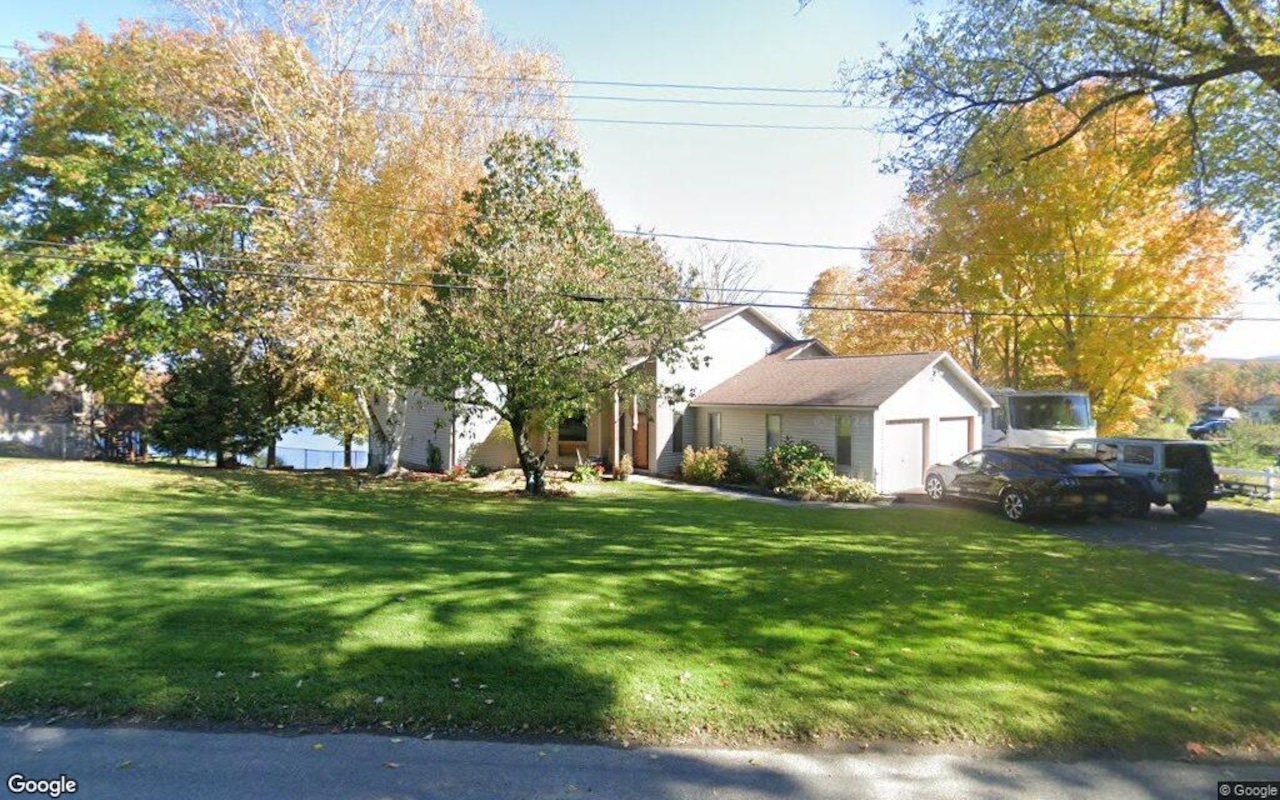A
cross North America, the number of professionals with artificial‑intelligence expertise has jumped more than 50 % in the past year, reaching 517,000, CBRE reports. The growth is concentrated in the San Francisco Bay Area, New York City, Seattle, Toronto and Washington, D.C., places already battling high rents.
The influx has tightened housing markets. Manhattan rents rose over 14 % from 2021 to 2024, Washington 12 %, Seattle 7 % and San Francisco nearly 6 %. AI firms insist on physical presence, reviving office occupancy rates that had dipped during the pandemic. In the Bay Area, for instance, commercial leasing activity rose by nearly 20 % in 2023, with AI startups accounting for a sizable share of new tenants. The influx of high‑earning professionals also shifts the local labor market: average salaries in tech hubs have risen by 8 % over the past year, further tightening the affordability gap for lower‑income renters.
New York added roughly 20,000 AI‑skilled workers last year, while Atlanta, Chicago, Dallas‑Fort Worth, Toronto and Washington each saw increases of 75 % or more. High AI salaries allow these workers to afford the higher rents: CBRE estimates Manhattan AI professionals spend about 29 % of their income on housing, versus roughly 19 % in San Francisco and D.C. This relative affordability squeezes the broader population.
Colin Yasukochi, CBRE’s Tech Insights Center director, notes that San Francisco has become the epicenter of the AI revolution, hosting major firms such as OpenAI. Over the past two and a half years, one in every four square feet of office space leased in the city went to an AI tenant. AI work remains largely in‑office, echoing the early days of tech innovation.
The ripple effect extends beyond rent. Property values in neighborhoods with high concentrations of AI talent have appreciated faster than the national average, pushing down the availability of affordable units. Residents who are not part of the AI ecosystem find themselves competing for a shrinking pool of rentals, often paying a larger proportion of their income on housing. This dynamic is reshaping city demographics, with some long‑time communities experiencing displacement as new, wealthier residents move in.
Moreover, the surge in AI talent has spurred demand for high‑end amenities, leading developers to prioritize luxury condominiums and boutique retail, further inflating living costs in core districts and the cost of living continues to climb.














